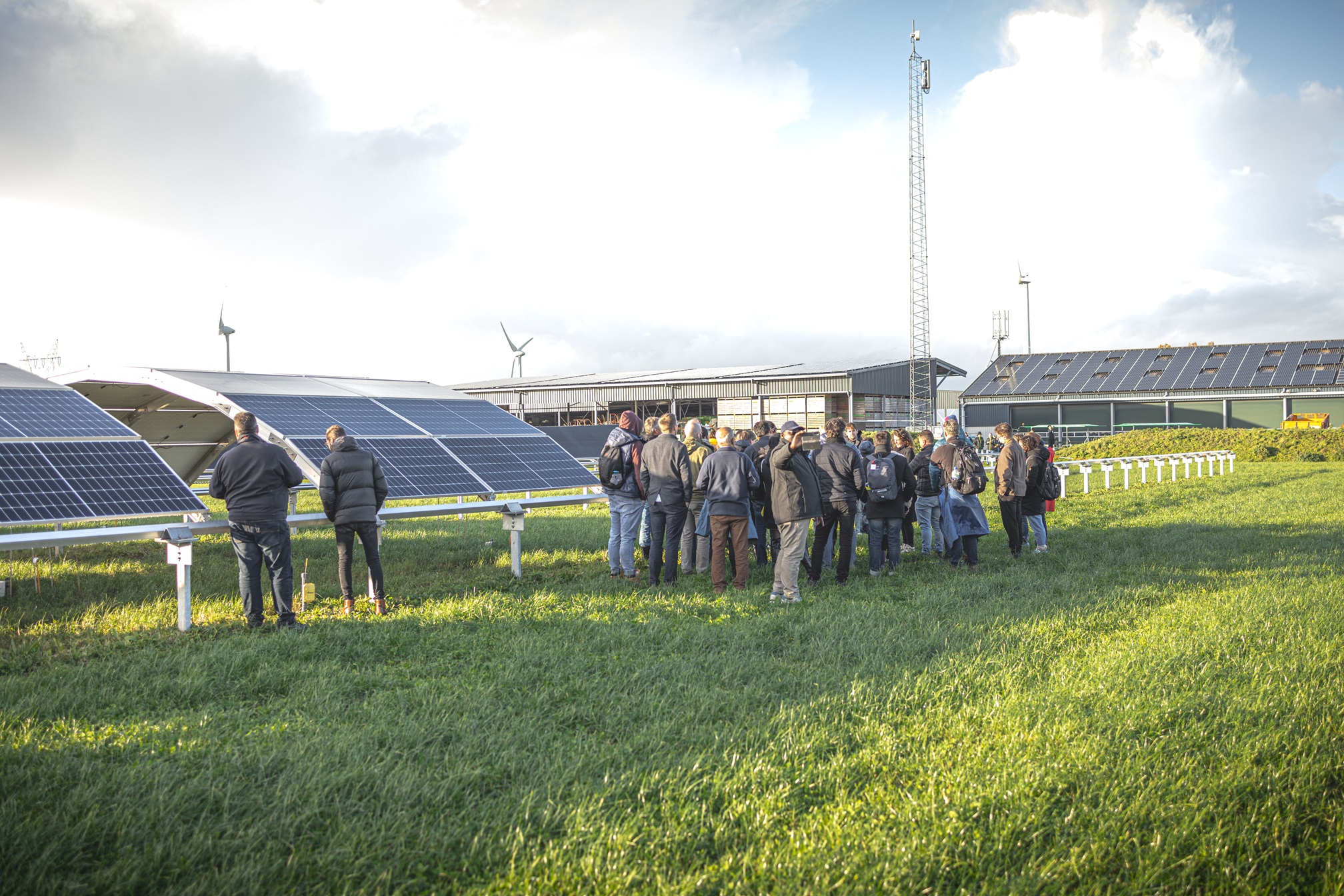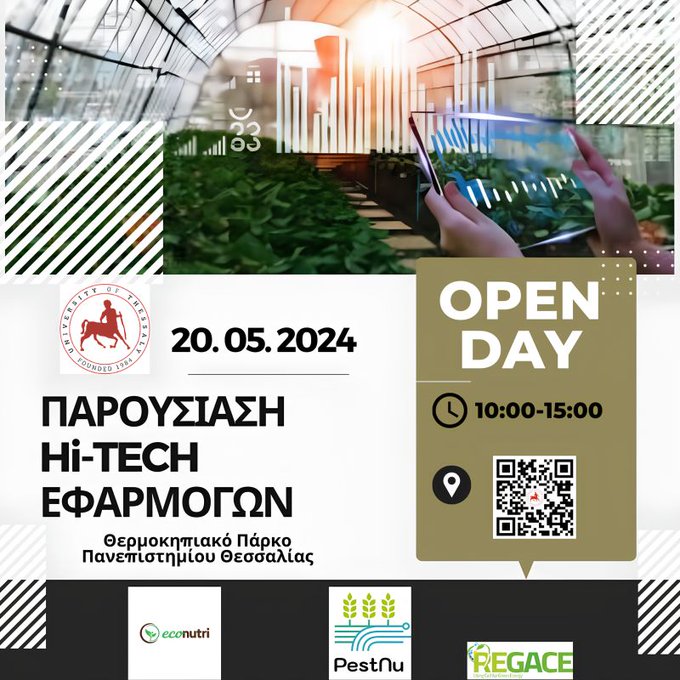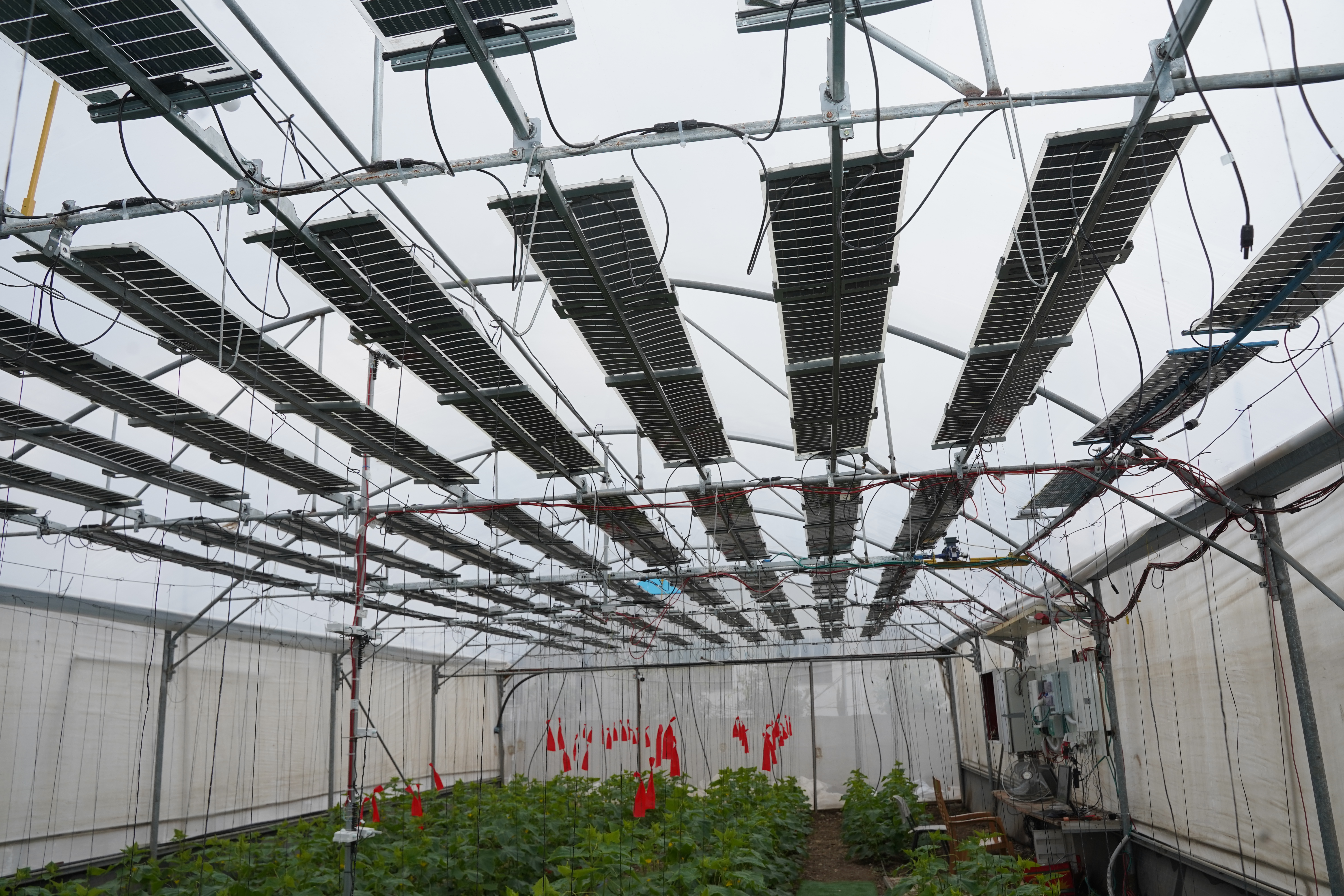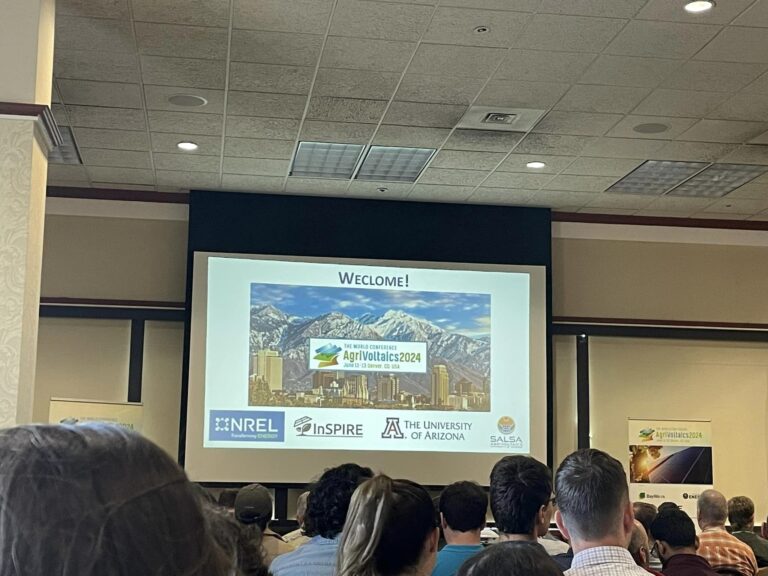By Michael Eilan
The EU funded REGACE Project was tremendously excited at the attendance and quality of presentations at the 2nd Annual Agrivoltaics Europe Conference in Amsterdam last week where the project was represented by TriSolar CEO Ronen Katz, myself and our dear friend and Italian partner Marco Di Stefano from The Fattoria Solidale del Circeo .
It seems that Agrivoltaics, once an obscure corner of the solar energy industry, is finally beginning to come of age with over 200 vendors, experts and investors gathered for an intensive two days of presentation and talks.
Just before we went to Amsterdam our Esther Magadley represented REGACE and TriSolar in AGRIVOLTAICS 2023, which took place in Athens, where the focus was more on the technologies of tomorrow such as Organic Photovoltaics (OPV).
Esther, being an expert in greenhouse agrivoltaics with OPV, who now works with TriSolar’s patented silicon-based solution, can easily straddle the gap between what might be a promising answer for tomorrow and the urgent need to deliver high performance agrivoltaic solutions right now.
One of the most common themes in the many fascinating presentations of different technologies and solutions, which was presented in nearly axiomatic terms, was that agrivoltaics entails reducing crop yields since part of the solar irradiation is used to generate electricity. Of course, that is not our experience at TriSolar, where we actually saw some small improvements in yields in greenhouses using the Trisolar responsive tracking system (as did SunSeed APV, an interesting Indian company).
We think this is wrong, even though this assumption has already worked its way into regulations in Germany and Japan that stipulate that the maximum reduction in crop yield can be 40% or 20% respectively. One of the things that is wrong in this approach is that is not crop specific: a 20% reduction in a crop of hay has far less economic impact than a 20% reduction in a crop of blueberries. And the economic impact is critical, as cleverly illustrated in a presentation by participant Wilma Eerenstein. Agrivoltaics has to make economic sense to farmers, bankers and regulators if indeed it will, as it should, play a central role in global decarbonization.
It is true that there is far less sunshine in Germany than in southern Spain or Sicily. But these problems can be overcome. This is what we are doing in the REGACE Horizon Europe consortium where we will using various CO2 enrichment methods to overcome reductions in crop yields caused by used of the TriSolar responsive tracking system. Our partners in Mecklenburg at the Bio Watzkendorf farm will we testing this at 52° north. We hope the results will demonstrate conclusively that more power does not necessarily mean less food.



